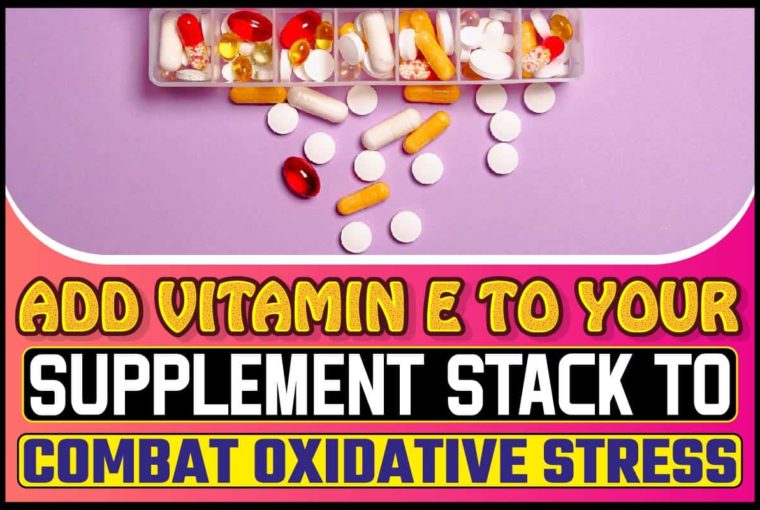The more it’s studied, the more concerning oxidative stress becomes as a contributor to disease and chronic wellness conditions. Are you looking for ways to prevent oxidative stress? While you can’t completely avoid it, you can minimize it by increasing the levels of antioxidants in your body. Here’s what you need to know about how antioxidants, particularly Vitamin E, and how they can combat the process of oxidative stress.
What Is Oxidative Stress? What Causes It?
In simplest terms, oxidative stress is an imbalance between antioxidants and free radicals in your body. It’s caused by an overabundance of free radicals, which causes large chain chemical reactions with other molecules in a process called oxidation. Antioxidants work to neutralize free radicals, stabilize them, and make them less reactive.
While oxidation is a normal process in healthy bodies, oxidative stress can damage fatty tissues, DNA, and even proteins. Since these elements make up a large part of the body, the damage from oxidative stress can lead to a host of problems including diabetes, atherosclerosis, heart disease, and even cancer.
There are many everyday risk factors that contribute to oxidative stress, and you’re exposed to free radicals more often than you think. While free radicals form naturally in the body due to exercise or inflammation, here are some of the common risk factors that contribute to free radical production:
- Environmental sources such as ozone, pesticides, cigarette smoke, radiation, pollution
- Diets high in sugar and fat
- Excessive alcohol consumption
How To Get A Healthy Dose Of Vitamin E Daily
While you can’t completely avoid exposure to free radicals in your everyday life, you can increase your levels of antioxidants to combat them. One of the best ways to do this is by making sure your daily Vitamin E intake is at optimum levels for your body. Vitamin E is a powerful antioxidant, and you can maintain or increase your intake of this helpful vitamin in the following ways:
From food
There are many dietary sources of Vitamin E, including leafy green vegetables, pressed oils including sunflower, safflower and hazelnut oil, nuts, and more.
Through supplements
Natural Vitamin E supplements are highly effective if you’re looking to increase your daily intake. A natural supplement featuring alpha-tocopherol is best since it’s easiest for the body to absorb.
Are You Getting Enough Vitamin E?
Healthy adults should aim to get 15mg or 22.4IU of Vitamin E each day. While most people don’t get their recommended daily intake of Vitamin E, severe deficiencies are rare and occur mostly in people who have digestive problems, diseases like cystic fibrosis, or are following a low-fat diet. Your physician can diagnose Vitamin E deficiency with a blood test.
Consult A Physician Before Taking Supplements
If you suspect that you aren’t receiving your recommended Daily Value (DV) of Vitamin E, it’s always best to talk to a physician before taking a supplement. Your doctor can determine whether taking specific supplements is right for you.
Also, keep in mind that not all Vitamin E supplements are created equal. Once you receive the green light from your doctor to take your Vitamin E supplements, choose an all-natural one to get the maximum benefits from this essential antioxidant.




